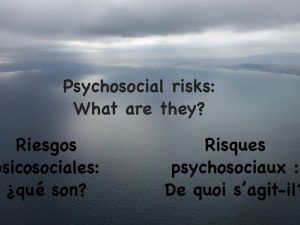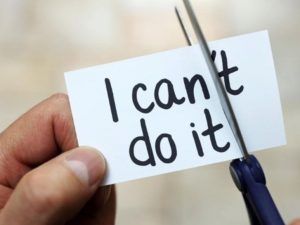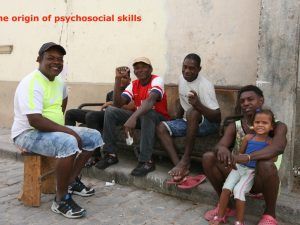
Psychosocial skills are essential, although not everyone understands their benefits and applies them correctly. This article helps the reader understand what psychosocial skills are, and how their use helps decrease psychosocial risks or problems.
“Poor social skills are thought to make people vulnerable to psychosocial problems”1: in other words, people with few or no social skills lack the ability to confront adversity because they lack preparedness on psychosocial skills. This article intends to describe the psychosocial risks that can be detected from those which go undetected, and thus are harder to prevent and ‘fix’.

After defining the psychosocial risk factors, their coverage on existing certifications is addressed to understand why some risks still go undetected. According to Chris Segrin, “People with poor social skills tend to experience more stress and loneliness, both of which can negatively impact health”. The risks become problems that affect the physical health, emotional health, mental health, and spiritual health, mostly going undetected from current evaluations.
1 Segrin C., Flora J.. 10 January 2006. Poor social skills are a vulnerability factor in the development of psychosocial problems.
Two examples with different outcome
In my recent article about psychosocial risks, I describe risk factors and divide them into two categories: the rational risks and the emotional risks.
Rational risks can be turned into action while emotional risks, also called wicked problems, are more complex due to the difficulty in finding evidence and solutions to solve them.

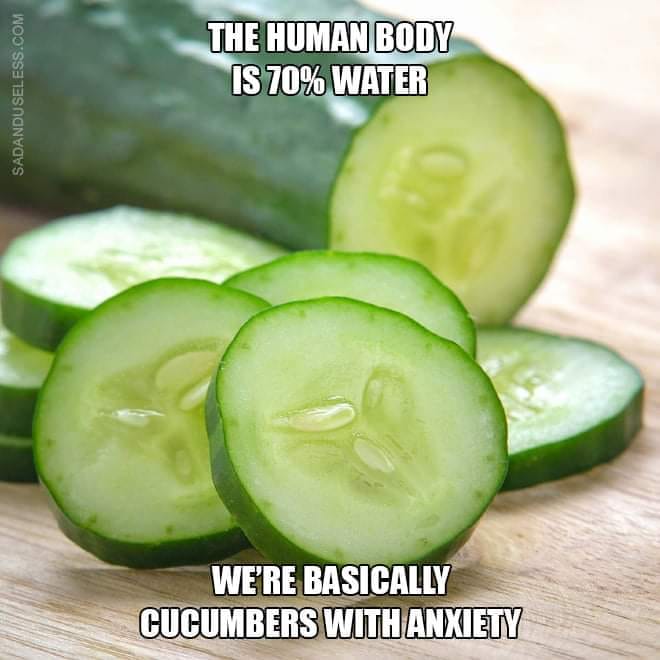
Unlike rational occupational health and safety (OHS) risks, emotional risks are mostly determined by the way in which people perceive risks they are exposed to. The perception is subjective because it affects people differently. Stress-related issues may cause distress in one individual and none in another, and emotional risks are often imperceptible and hard to evaluate because they are not measurable.
OHS risk indicators were created to evaluate and trace psychosocial risks during an audit. The OHSAS 18001 standard provided companies with indicators regarding their internal social risks, as well as their strengths and weaknesses. Some countries require that all companies submit an occupational health and safety (OHS) risk-assessment.
Psychosocial risks are defined as the “analysis of the management within the social and organizational contexts which tends to cause psychological, social, or physical harm”2. In the audit context, occupational health and safety certifications, such as ISO 45001, help companies make sure their work environment is healthy and safe. Such measures are usually learned through health and safety trainings programs.

Although this method may be efficient when trying to grasp psychosocial rational risks, it does not necessarily apply to emotional problems affecting interactions with others. Dennis Evans describes methods and practices used to train people with psychosocial skills to prevent potential risks.
2 Cox, T.; Griffiths A. & Rial-González E. 2000. Research on work-related stress. European Agency for safety and health at work.
Definition of psychosocial skills
Psychosocial skills are learned over time, starting at an early age in the family cell and evolving throughout life. The Cambridge dictionary defines these skills as “personal attributes that enable someone to interact effectively and harmoniously with other people.” 3
In other words, there are competencies facilitating positive interactions with people and complementing technical or hard-skills acquired through training.
In my book Journal of a social auditor, I present a survey carried out by Harvard University, Stanford Research Center, and the Carnegie Foundation, where they evaluate job success during the hiring process: 85% of success directly resulted from social skills whereas 15% came from hard skills, such as technical skills and knowledge.

In his more recent article in the Harvard Gazette, Alvin Powell stated that “strong social skills [are] increasingly valuable to employers.”4 There are almost 100 years between these two publications, which reveal the ongoing preponderance of psychosocial skills in human interactions.
3 www.dictionary.cambridge.org
4 Powell, Alvin. The Harvard Gazette, Oct. 23, 2017.
What are psychosocial skills or ‘personal attributes’?
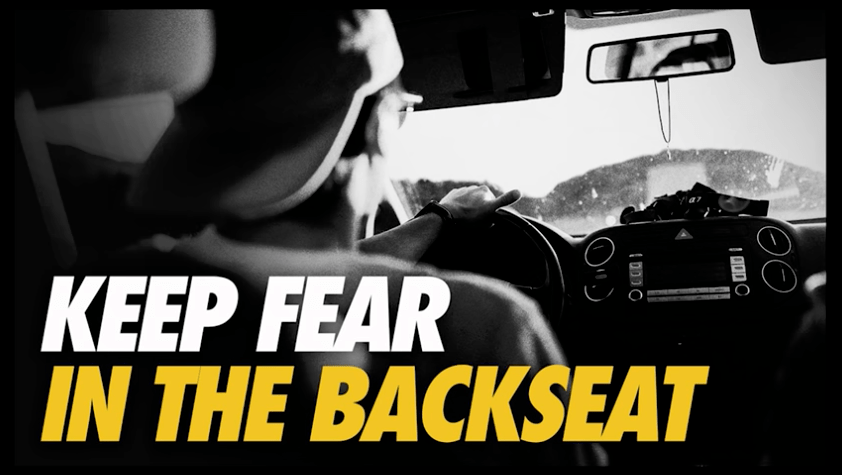
To be continued… to receive the whole article, contact info@imago-int.eu stating the title of the article The path to psychosocial skills, which will be sent in PDF format.
Thank you!
Check IMAGO.AUDITING and its new website www.imago-int.eu. Stay connected and receive upcoming newsletters with updates on articles, the blog and webinars. Subscribe at info@imago-int.eu.
About Oliver
Related Articles
0 Comments
Leave a reply Click here to cancel the reply
You must be logged in to post a comment.


